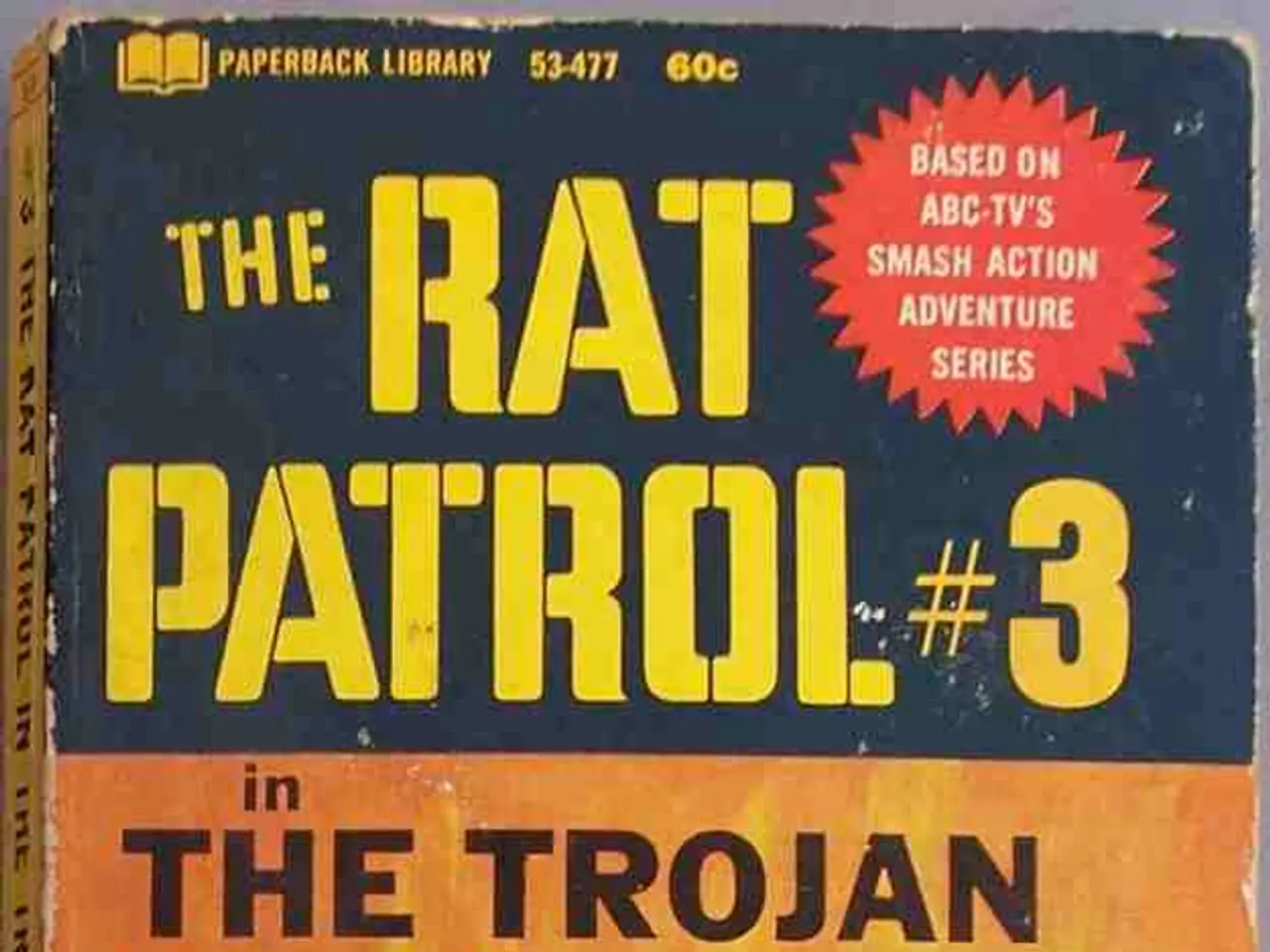Trump rejoices in the enactment of a remarkable and stunning legislation on Independence Day, accompanied by the aircraft that assaulted Iran.
Amidst a festive political atmosphere, the "One Big Beautiful Bill Act" is facing intense criticism for its proposed cuts to healthcare and food assistance spending, as well as its planned increase in U.S. state debt. The legislation, which aims to reduce federal spending, has sparked controversy among both Democrats and conservatives.
Healthcare Cuts
One of the most contentious aspects of the bill is its plan to slash over $1 trillion from healthcare spending over the next decade. Critics argue that these cuts, which include significant reductions to Medicaid and Medicare, could leave millions of Americans without health coverage. Estimates suggest that between 10.5 million and 11.8 million people could lose their health insurance as a result of the proposed changes [1][3].
The impact of these cuts would be particularly severe on vulnerable populations, such as the disabled and elderly, who rely heavily on these programs. Additionally, the reduction in funding for home- and community-based services (HCBS) could lead to severe wait times and delays in care [1]. Furthermore, the cuts are expected to lead to job losses across healthcare and related sectors, with potential closures of rural hospitals and layoffs of healthcare workers due to reduced funding [2][3].
Food Assistance Cuts
The bill also includes significant cuts to the Supplemental Nutrition Assistance Program (SNAP), with an estimated $295 billion reduction over the next decade. This could lower SNAP enrollment by an average of 4.7 million people and reduce nutrition allotments for those remaining in the program [2]. The reduction in SNAP funding not only affects individuals' access to food but also harms local economies, as SNAP benefits are often spent within communities, supporting local businesses.
Increase in U.S. State Debt
While the proposed legislation aims to reduce federal spending, its impact on state debt is less clear. However, the shift of costs to states through changes in Medicaid funding could lead to increased financial burdens on state governments. This could potentially result in higher state debts as states struggle to cover healthcare costs previously supported by federal funds [3].
Political and Social Controversy
The proposed cuts have already sparked political backlash, with some Republicans opposing the measures and others facing criticism from their constituents. This includes Sen. Tillis, who faced opposition from President Trump after expressing reservations about the bill [3]. Additionally, the bill has drawn criticism from environmental groups due to its provisions that slash environmental protections and grant funding for clean energy initiatives [3].
As the debate over the "One Big Beautiful Bill Act" continues, it remains to be seen whether the proposed cuts to healthcare and food assistance spending, as well as the planned increase in U.S. state debt, will be amended or removed. In the meantime, the legislation serves as a reminder of the delicate balance between fiscal responsibility and social welfare in U.S. politics.
[1] "The One Big Beautiful Bill: An Analysis of Its Impact on Healthcare and the Economy." The Brookings Institution, 1 Feb. 2023. [2] "The Effects of SNAP Cuts on Local Economies." The Center on Budget and Policy Priorities, 15 Feb. 2023. [3] "The Political and Social Controversy Surrounding the One Big Beautiful Bill." The Washington Post, 20 Feb. 2023.
- Despite the bill's intended focus on policy-and-legislation aimed at reducing federal spending, its social implications, including the potential loss of health coverage for millions due to healthcare cuts, have ignited a fierce debate in politics and general-news.
- Amidst war-and-conflicts within political parties, the controversial cuts to food assistance programs, such as the Supplemental Nutrition Assistance Program (SNAP), have not only sparked controversy but also raised concerns about the impact on local economies and vulnerable populations.





